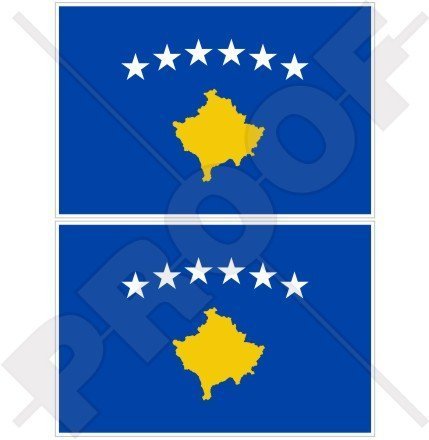Kosovo in 2025: Ethnic Tensions and Political Challenges Threaten Balkan Stability

Rising Tensions in the Balkans
The relationship between Kosovo and Serbia remains one of the most significant sources of tension in the Balkans, with roots tracing back to the conflicts of the 1990s. Since 2021, tensions have escalated significantly, particularly in Kosovo’s northern municipalities.
The current crisis began in July 2022 when disputes over car documentation and license plates emerged. The situation prompted NATO to announce increased KFOR forces deployment, and Kosovo’s ministry of internal affairs declared that Serbian-issued license plates would be considered unregistered.
Recent Developments
While the European Union has been facilitating dialogue between the two countries since 2011 to decrease tensions and resolve bilateral issues – a key requirement for both countries’ EU membership aspirations – progress has stalled. The two leaders, Kosovo’s Prime Minister Albin Kurti and Serbian President Aleksandar Vučić, haven’t participated in trilateral meetings with EU representatives since May 2023.
In response to the ongoing crisis, Peter Sørensen was appointed as the new EU Special Representative for the Belgrade-Pristina Dialogue in January 2025. The Security Council’s primary focus remains maintaining stability in Kosovo and promoting de-escalation of tensions in the north, while continuing to monitor diplomatic efforts to advance the Belgrade-Pristina dialogue.
Current Challenges
The core issue remains unresolved: Serbia continues to refuse recognition of Kosovo’s independence. The most contentious point of friction centers on the level of self-rule in the four northern Kosovo municipalities, which have a Serb majority, and their connection to Serbia.
Kosovo’s leadership under Prime Minister Albin Kurti has faced criticism and sanctions from both the EU and US for implementing measures seen as potentially destabilizing, including increasing armed police presence in the north, embargoing Serbian goods, and banning the use of Serbia’s currency.
Path Forward
As tensions continue to rise in Kosovo’s restive Serb-majority north and Pristina works to enforce its authority, experts suggest that all parties, including outside supporters, should focus first on reducing the immediate risk of violence before working toward establishing lasting stability.









